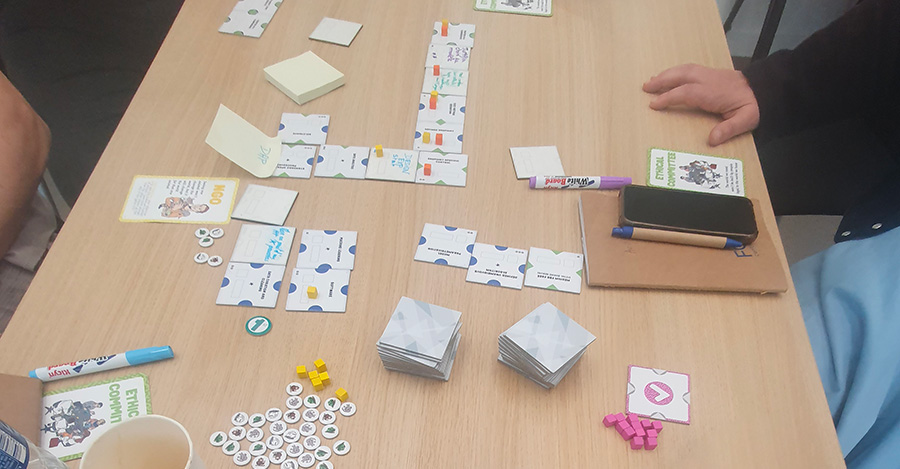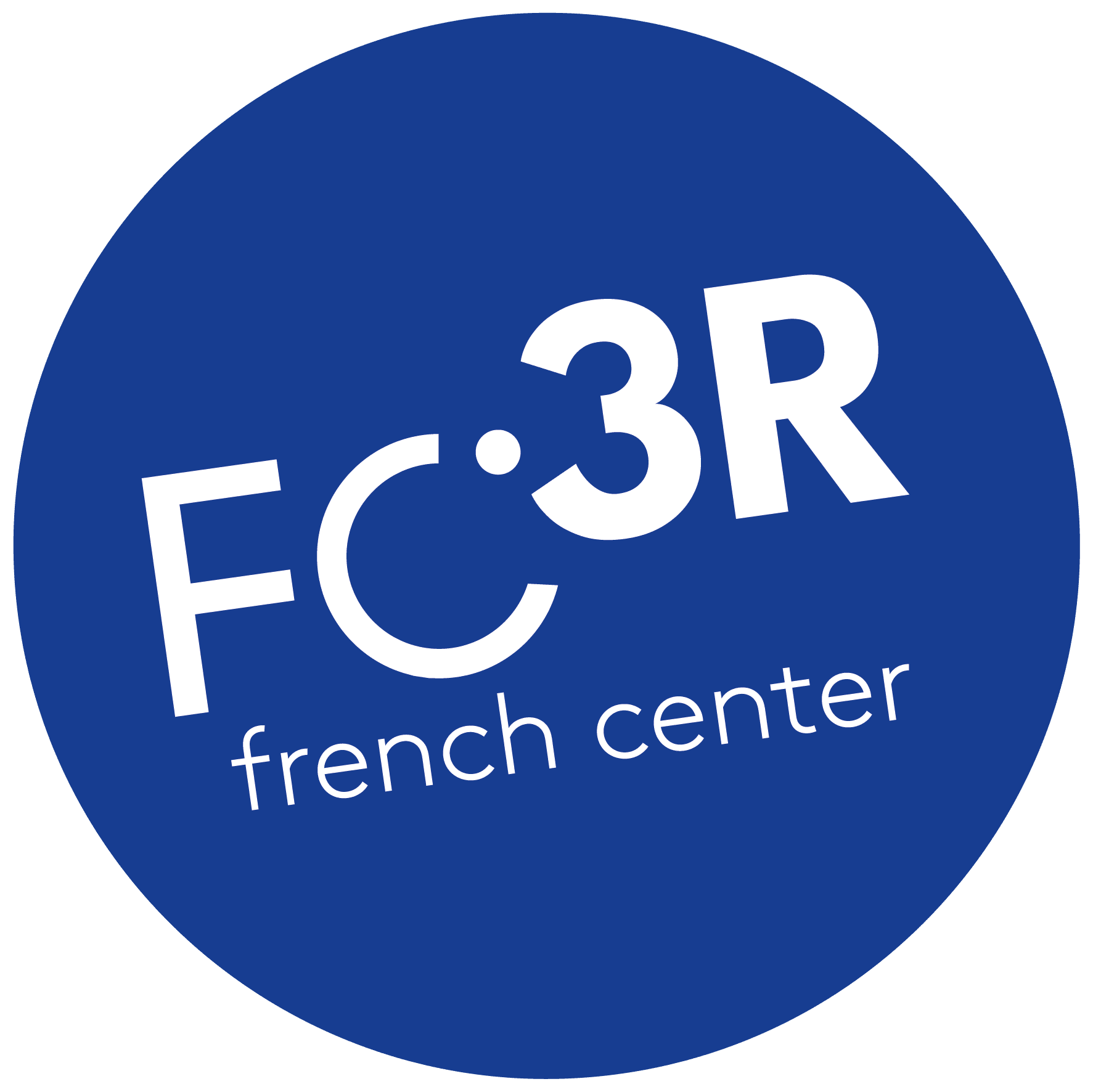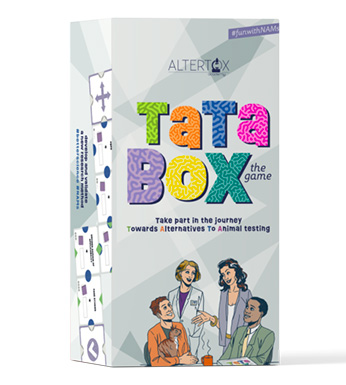Training in the 3Rs: a must
The FC3R's mission is to implement the 3Rs - Replace, Reduce and Refine - in France. This includes developing and disseminating a range of training courses dedicated to their application. Resolution 2021 of the European Parliament stresses the need for sustained efforts by Member States in training and education to ensure that laboratory staff and competent authorities are aware of alternative methods.
In France, the Comités d'éthique en expérimentaiton animale or CEEA (animal experimentation ethics committees) are the competent authorities designated by the regulations to evaluate applications for projects involving the use of animals for scientific purposes with a view to their authorisation and, if necessary, their retrospective assessment. In their evaluation, the CEEA take into account ethical principle of 3Rs. In particular, they should check that the information on the justification for the use of animals and the inability to replace them in relation to the objectives of the project is provided in the application and the project description.
According to the CNREEA Comité national de réflexion éthique sur l'expérimentation animale (French national committee for consideration of ethics in animal experimentation), each member of an ethics committee should receive initial and ongoing training in ethical assessment. However, according to the 2023 recommendation, only two specific training courses for ethics committee members have been identified in France for the 87 committees currently in place (CNREEA 2023 activity report). At local level, CEEA members help to maintain the skills of user personnel by organising events, which help to increase the training available (CEEA 2022 report).
TATAbox: a fun tool derived from toxicology
The TATAbox (Towards Alternatives To Animal Testing Box) is an innovative board game created in 2022 by Altertox, a Belgian company founded by the French toxicologist François Busquet. Dedicated to facilitating the transition to non-animal research methods, the game aims to provide an understanding of the different stages in the design, development and validation of alternative methods, as well as the players involved. It also encourages discussion on scientific mediation and communication. By focusing on toxicology, the TATAbox enables participants to understand the NAMs ecosystem and provides a basis for reflection that can be adapted to the context of academic research. A new version, including the role of the CEEA, has just been developed.
For the workshop, we invited eight volunteers who were members of a CEEA, from public research and the private sector. Four areas of expertise were represented: animal care, experimental design (project designers), experimentation and veterinary expertise. The day began with participants sharing their expectations, followed by a theoretical session in which the rules and objectives of the game were explained in detail. This introduction enabled participants to understand the context and challenges of TATAbox. The players were then divided into two groups to play the classic version. A debrief took place before moving on to the ‘Ethics Committees’ version.

The “Ethics Committees” version of TATAbox: a test of scenarios in DAP (Project Authorisation Requests)
In the afternoon, participants put their knowledge of alternative methods to the test in a project assessment simulation using the new version of TATAbox. Two scenarios were considered:
-
Co-creation/observation: the study’s objective is defined by the participant, with direct support from CEEA to improve and integrate the 3Rs principles by adding tiles to the participant's journey.
-
Study design: participants use the tiles in the TATAbox to design a study.
Participants quickly grasped the mechanics of the game in both scenarios and actively participated in discussions and decision making.
At the end of the session, an assessment was carried out. The feedback from the participants was very positive, highlighting the effectiveness of the game in illustrating the challenges and opportunities of alternative methods. The final discussions also identified potential improvements to make the TATAbox even more effective, such as the involvement of experts in specific fields and access to a glossary in French. They showed that the game could also be used in the education and training of project designers.
The workshop on 28 June 2024 demonstrated the potential of the TATAbox as an edutainment tool for training ethics committee members in NAMs, thereby supporting the 3Rs.


